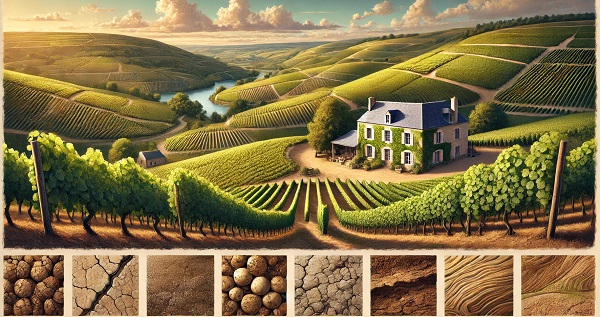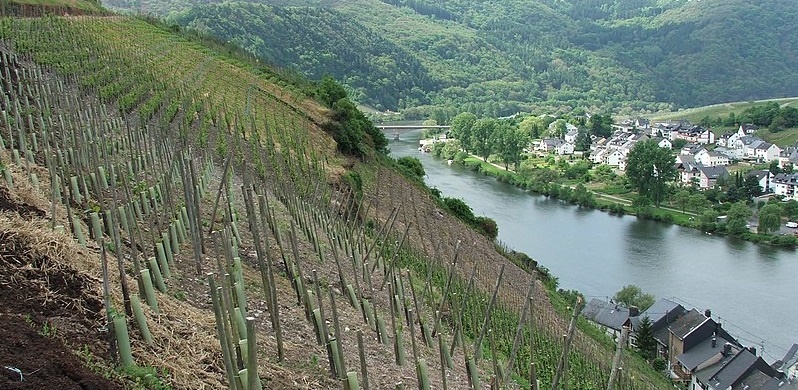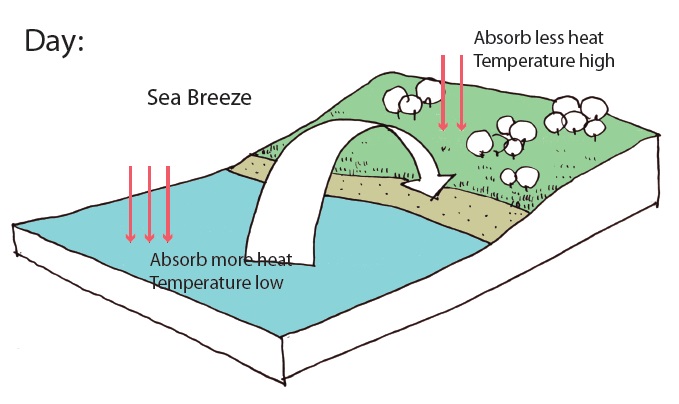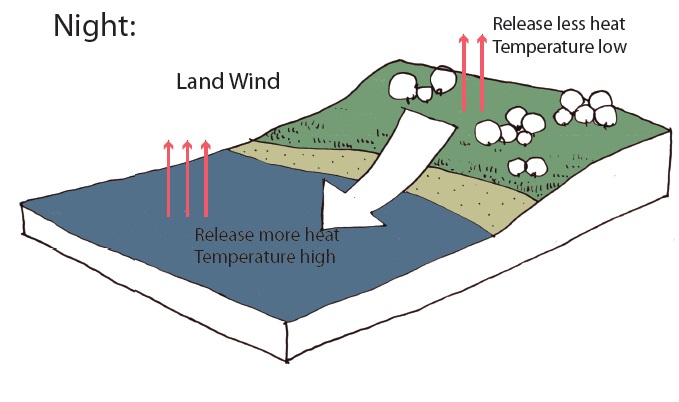Factors Influencing the
Style, Quality and Price of Wine

Terroir refers to the natural environment that affect grapes and wine production.
Style, Price and Quality Factors
Natural factors in a vineyard play a crucial role in influencing the style and quality of wine:
Soil Composition
Aspect and Elevation
Climate and Microclimate
These factors greatly influences the the flavor profile, character and quality of the grapes.
This in turn influences the style and quality of the wine.
Terroir
Terroir is a French term that refers to the environmental and geographical conditions that affect the grapes and the wine production.
The prominent enologist Jake Hancock defined terroir in a very simple and efficient way as "a delimited area with its own characteristic geology, climate and methods of viticulture".
Many natural factors interact in complex ways and create a unique terroir for each vineyard. As a result, wines produced in different regions or even from different parts of the same vineyard can have distinct characteristics, styles, and quality.
Winemakers often work with these natural factors to optimize their grape growing and winemaking processes, leading to wines that reflect the terroir and, consequently, can command higher prices in the market. Wine enthusiasts often appreciate the diversity and unique qualities that terroir imparts to wines, making them more valuable to collectors and connoisseurs.
Soil Composition
The type of soil in a vineyard can impact the wine's character.
Grapes grown in soils with specific characteristics can exhibit distinct flavor profiles and structural attributes, contributing to the unique style of the wine.
Alongside climate and grape variety, soil is one of the most important factors influencing wine quality. Different types of soil, such as limestone, clay, sand, or gravel, affect water drainage, nutrient availability, and root development.
For example, well-draining soils like gravel or limestone can lead to grapes with concentrated flavors, while clay-rich soils can produce wines with more structure and tannins.
Shallow or deep soils affect the root system of the grapevines and can influence the grape's access to water and nutrients.
Aspect
The aspect (angle and direction) of a vineyard impact sunlight exposure and temperature variation, affecting grape ripening and flavor development.
South-facing slopes receive more sunlight than north-facing slopes. Steep angles dramatically affect drainage.
All the above can influence grape quality.
Elevation
The elevation of a vineyard impacts temperature, affecting grape ripening and flavor development.
Higher elevations can result in cooler temperatures, which can lead to grapes with higher acidity and more complex aromas. Lower elevations often produce riper, fruitier wines.
Bacchus Amat Colles
Centuries ago, the Roman historian Livy wrote: "Bacchus amat colles" (Bacchus loves hills), attesting the importance of hills to good wine.

The Moselle Valley is Germany's oldest winegrowing region.
The Romans brought viticulture to this area and planted vines along the Moselle River 2000 years ago.
Rivers and Lakes
A vineyard needs good soil, sunshine and water, but from bud to berry, grapes must ripen slowly to create the perfect balance between sugar and acidity.
It is not a coincidence that some of the world's greatest wine regions follows a river.
The large mass of water in these rivers, acts as a climate moderator, giving the vines a safe and consistent environment. In addition, the riverbanks, formed over millions of years, have mineral-rich soils which impact the aromas in the grapes.
Diurnal Variation
Most of the finest vineyards in the world have something in common:
A big difference in temperature from daytime to nighttime (large dinural variation).
Diurnal temperature variation has major implications for the quality of a wine. Large dinural variations can help grapes to ripen in a more balanced way.
Warm days foster sugar development in the grapes. Cool nights helps to preserve freshness and acidity.

